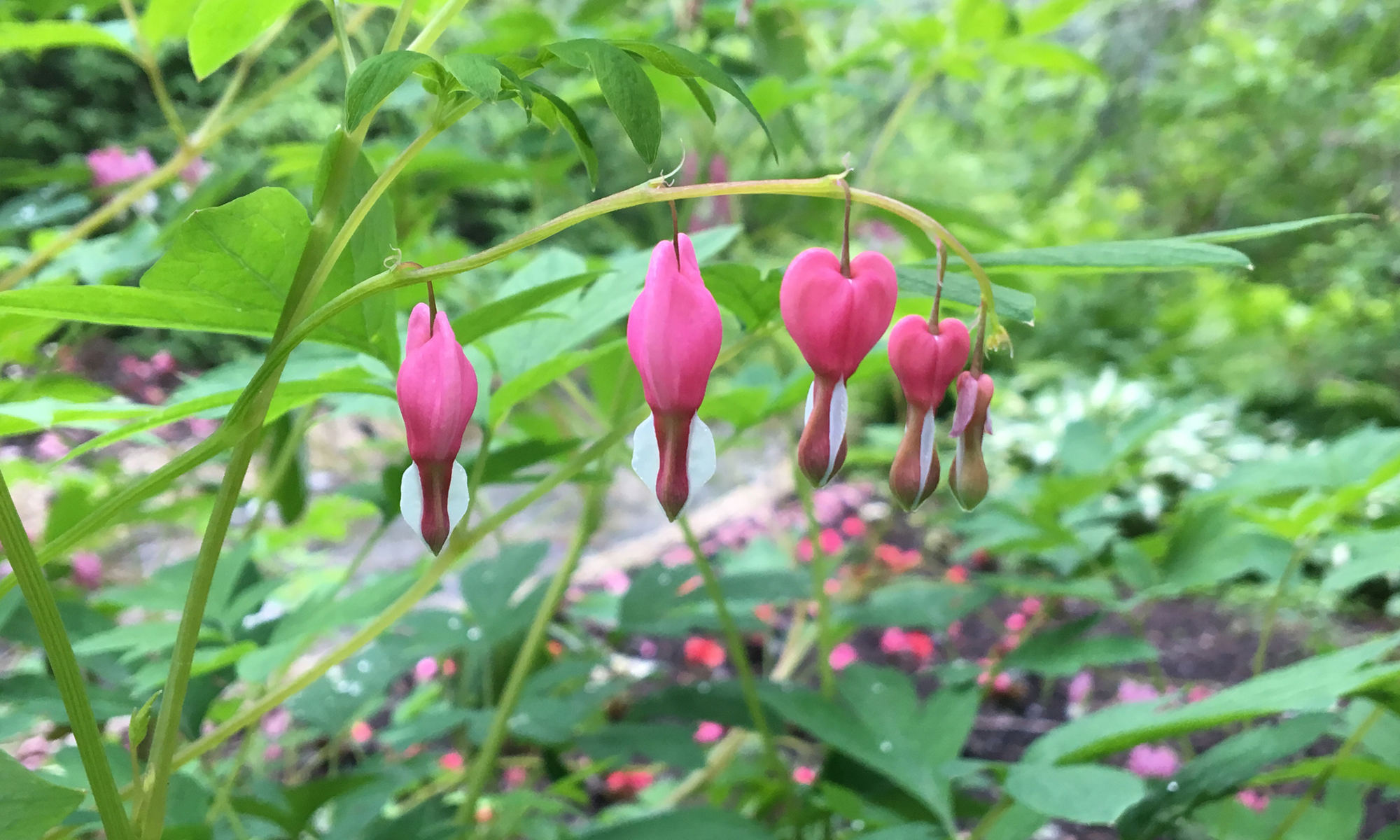I’m an East Coast woman, living on land colonized three hundred years ago. I know nothing of the Navajo, nothing of the desert, and my only experience with a mesa was a family trip decades ago.
In other words, everything about the world of Trail of Lightning‘s protagonist, Maggie Hoskie, should feel absolutely foreign to me.
Well, I mean, some of it is certainly supposed to be foreign to anyone. The book takes place in a post-apocalyptic (for White people) Sixth World, where the Navajo gods, heroes, and monsters have resurfaced and started their unnatural lives anew. Don’t get much of that here in the suburbs. (Not really hoping to have Coyote swing by the house either, gotta say.)
I can feel the desert dust on the library shelves, smell the ozone in the air, see the greenish tinge of a nightmare sky, and certainly hear the rez dogs barking.
Rebecca Roanhorse’s characterizations, her world building, her storytelling, captured me in all the right ways. Her characters have complex and shifting motivations. The action is fast-paced and brutally violent, while simultaneously filled with heartbroken love. The supernatural is extremely supernatural.
And at the same time, the stories, the Navajo language, the culture that Rebecca describes, they are all (as much as any fiction story is) real.
Frankly, if I’m going to read kick-ass women kicking ass (and yes, I’m going to read lots of it) I’d much rather be doing it with a culture of real people with a real language and a real history than a fully made-up culture of elves speaking elvish. (And I love elves.)
There are many people and many cultures in this world, and often they’re intermingled and next-door-neighbors with my white colonial upbringing, that I’d never see if writers like Rebecca Roanhorse weren’t bringing them to the forefront. These stories should be heard. They need to be heard. And damn we would be worse off if we didn’t get a chance to hear them.
I loved it.

